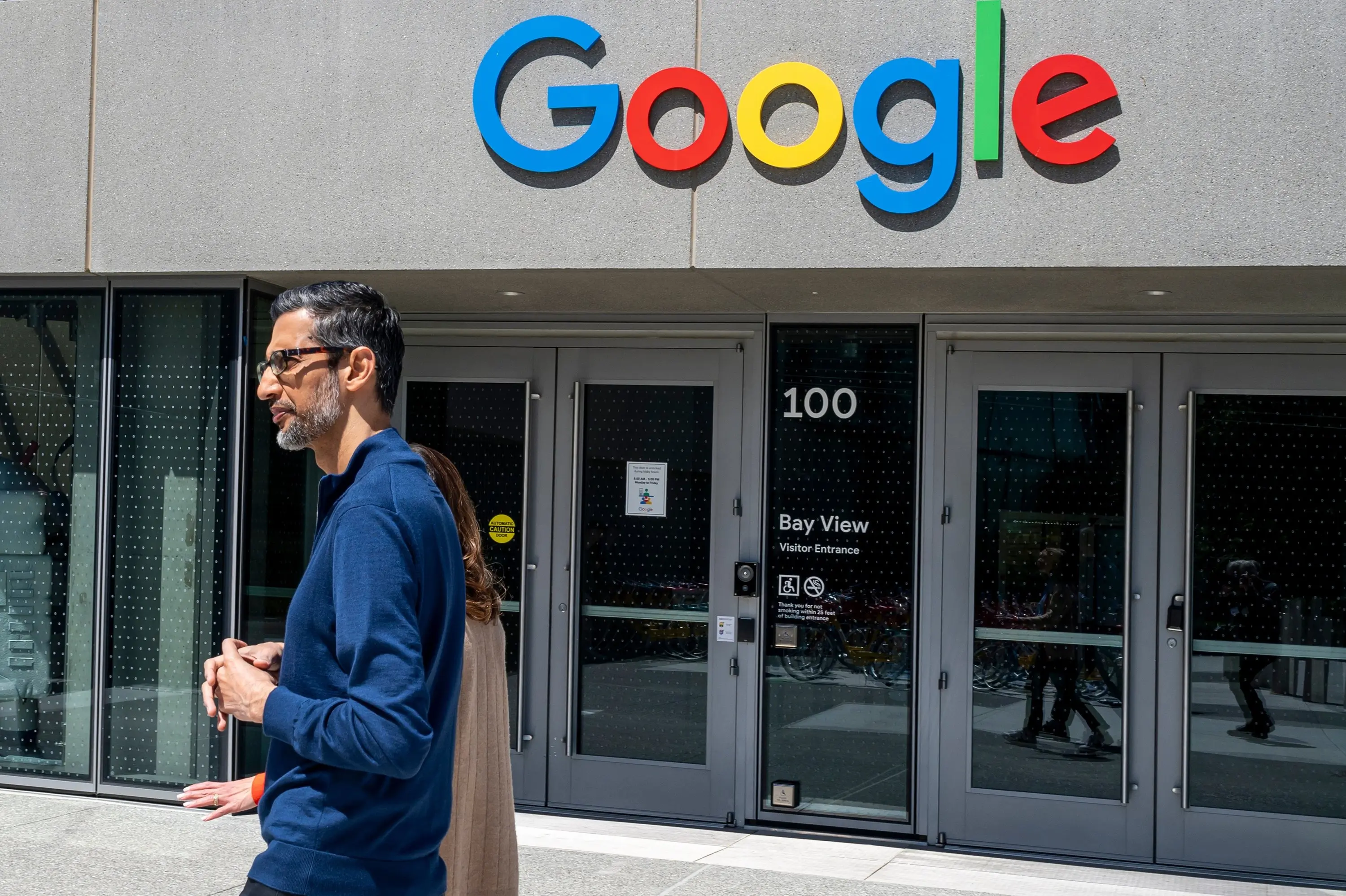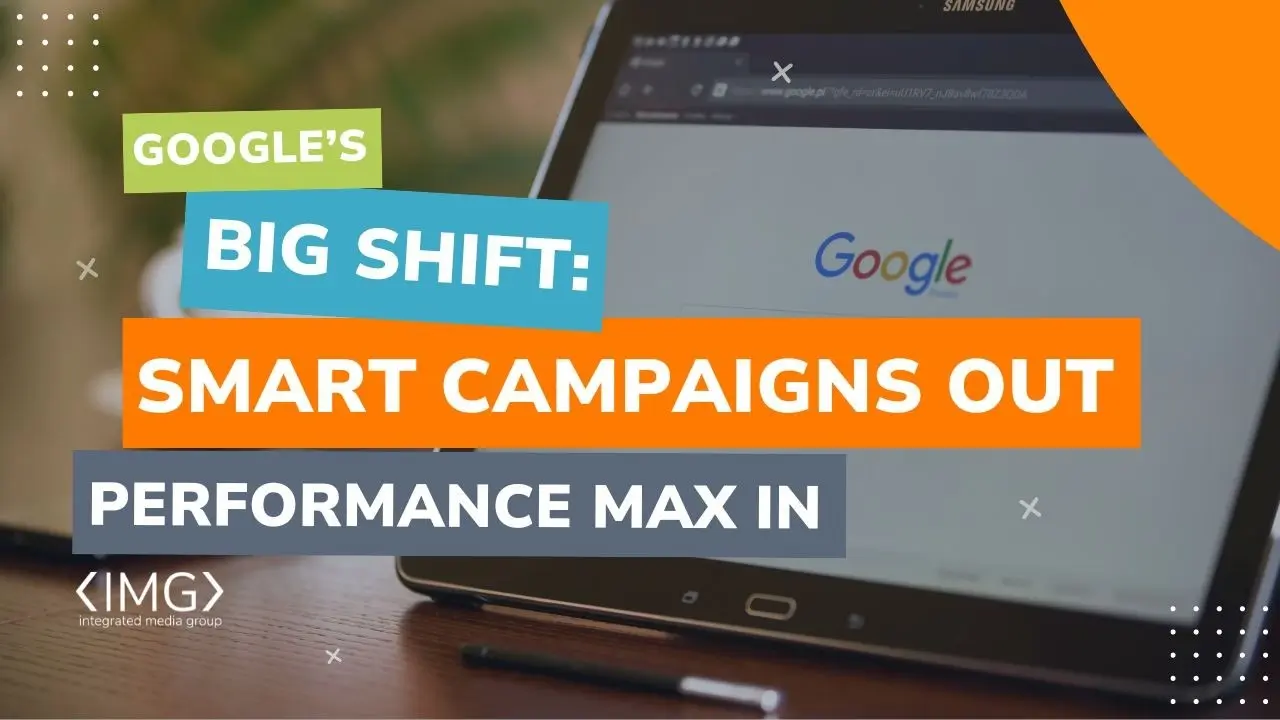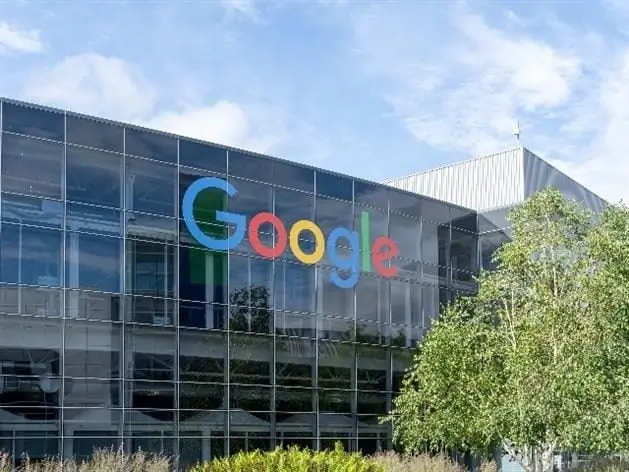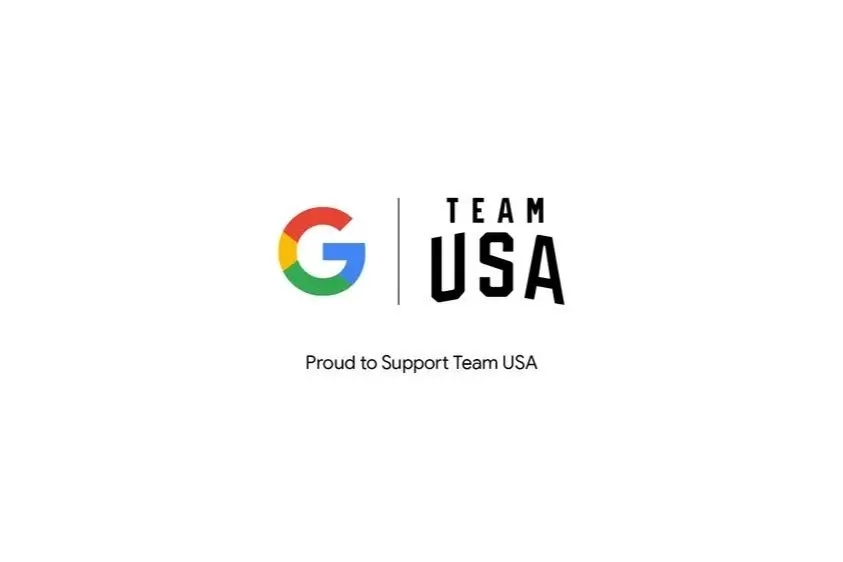The ongoing developments in the Privacy Sandbox initiative have sent shockwaves through the digital advertising world, as highlighted by George London of Upwave.
In this guest commentary, George London, the chief technology officer at the brand analytics platform Upwave, shares his views, emphasizing that these opinions are his own.
In a surprising turn of events, Google has recently decided to keep third-party cookies in Chrome. This unexpected move isn’t merely a newsworthy update — it serves as a critical wake-up call for the entire digital advertising ecosystem.
Having spent extensive time involved in privacy discussions with the World Wide Web Consortium and reviewing Google’s API proposals, I’ve observed this drawn-out saga with a mix of intrigue and concern. The result is a clear reminder of the dangers inherent in concentrating too much power in the hands of tech giants who may not always exercise it responsibly.

The privacy paradox
The Privacy Sandbox initiative was, at its essence, an effort to reconcile conflicting interests. Google, a leader in harvesting and monetizing user data, faced mounting pressures from different fronts. On one side, Apple’s assertive stance on privacy threatened Google’s public image. On the other, Google’s desire to retain ad revenue within its own ecosystem clashed with the need to support a thriving, open-web environment essential to its search business.
Google’s proposed solution was ambitious: a plan to protect its reputation, uphold its business model, and sustain the open web simultaneously. While the objective was commendable in theory, it ultimately proved unattainable in practice.
The fatal flaw
The critical weakness in Google’s strategy was its overly simplistic understanding of privacy, focusing exclusively on the prevention of cross-site tracking. This narrow perspective set an unattainably high standard for the Privacy Sandbox APIs, demanding they facilitate effective advertising while simultaneously making cross-site data sharing impossible.
By adopting this limited definition, Google avoided more complex debates around data collection and usage that could have questioned its fundamental business practices. However, this approach inevitably led to the creation of technically advanced APIs that fell short of addressing the practical needs of the digital advertising ecosystem.
The aftermath
Google’s recent announcement doesn’t signal the indefinite survival of third-party cookies. Industry experts anticipate that Google will adopt a model similar to Apple’s App Tracking Transparency prompts, significantly reducing cookie availability without outright eliminating them.
This outcome could be seen as the worst-case scenario. The industry loses the momentum needed to transition away from outdated tracking methods, while the Privacy Sandbox initiative risks stagnation without the urgency that the impending deprecation of cookies once provided.
The consequences of Google’s unsuccessful experiment are widespread. The reputation of privacy-enhancing technologies has suffered due to their association with this failed effort. Many advertisers have either doubled down on potentially less privacy-friendly alternatives or feel justified in never having attempted to move away from cookies. The growing uncertainty about the future of the open web has further driven advertising dollars into walled gardens, paradoxically concentrating more user data in the hands of a few dominant tech companies.
While Google may now successfully navigate regulatory challenges and mitigate Apple’s competitive threats, it has left the open-web ecosystem weakened and exposed. The opportunity cost of this years-long endeavor is immense, with substantial time and resources devoted to what has ultimately turned out to be an illusion.
Charting a new course
The digital advertising industry now finds itself at a pivotal moment. It has become evident that neither self-regulation nor the heavy-handed, de facto regulation imposed by tech giants has succeeded. What is needed now is a truly collaborative, multi-stakeholder effort to establish realistic privacy standards, practices, and enforceable rules that genuinely address the challenges at hand.
This will require forming an international coalition that brings together regulators, industry leaders, academic experts, and user advocates. Together, they must work towards creating a flexible, adaptable privacy framework that embraces a comprehensive view of privacy. This framework should acknowledge the contextual nature of privacy and the complex realities of data usage within the modern web ecosystem.
This framework must strike a delicate balance, ensuring that innovation and effective advertising can flourish while providing robust protections for users. It should rely on both technological solutions and legal safeguards, establishing clear and enforceable rules that mitigate the most significant harms without placing undue burdens on startups or stifling innovation. Rather than attempting to completely reinvent the economic foundation of the web, the focus should be on making incremental improvements within the existing ecosystem.
As we move forward from the Privacy Sandbox setback, the digital advertising industry must be prepared to adapt and evolve. Embracing collaboration should be our top priority. Active participation and advocacy within multi-stakeholder initiatives are essential. One of the key failures of Google’s effort was the lack of broad industry involvement from the outset, a mistake that we cannot afford to repeat.











